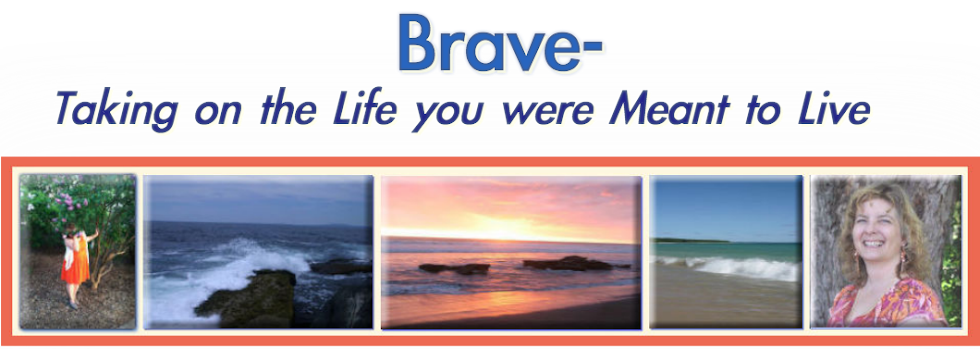
On the way to our ever-present Target, there is a double right turn lane. If you go into the far right one, you can turn right on red. If you choose the other, you can't. Which one I choose depends on my level of urgency. It's kind of a cosmic test, really. Today, I chose the left one. The person tailgating me chose the right. Big surprise there.
I just felt no need to gain that extra forty seconds. But why? I was in a hurry. In the course of the day I had to: finish book edits and email them, pack for a four-day trip, cook dinner for my family for said four days, run errands, shop for an outfit to perform a wedding in, and go to an art exhibit. In addition to the “normal” stuff.
But I felt patient. And it started me to wonder, have you ever noticed that your patience level doesn't seem to matter whether or not you are actually pressed for time? If I don't feel stressed, even if I know in my head I have a hundred and one things to do in the day, it just doesn't translate into impatience. On the other hand, if I let myself feel overloaded, I get cranky. And no one likes me in cranky mode. The circumstances can be exactly the same. The not-so-common denominator is attitude.
Which makes me wonder again. If I chose a patient attitude as soon as I felt stressed, might I be a nicer person? This seems kind of elementary. But most things are that we still fail to practice. Good manners aren't rocket science. They're just tough on the execution level. But execution is a choice, always will be. We tend to assume it just happens--that we're at the whim of circumstances, other people, hormones, genetics. But really, we're at the whim of only ourselves. The key word in the paragraph above was let myself feel overloaded.
So, I think may try it. It sure felt better today to be me in the left lane than I imagine that woman felt in the right, needing to tailgate me to get one minute ahead.
Of course, thirty seconds later I sat in the left turn lane widening my eyes and thinking, The arrow just turned green, people. Lets go! So clearly this patience thing has some work to go.
How do you create patience under stress?





